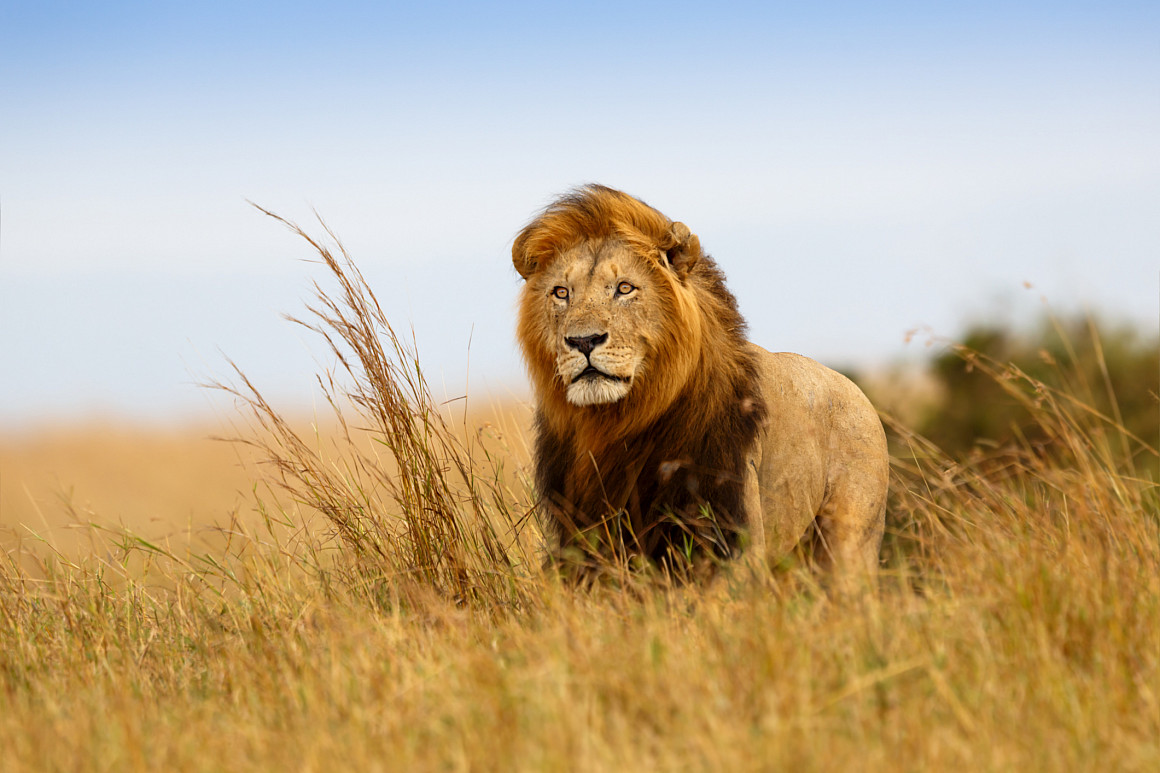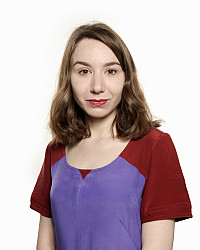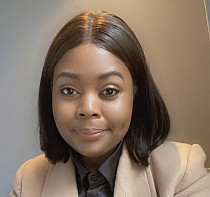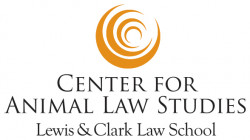main content Announcing the 2024-25 CALS Ambassadors
Five alumni have been selected as CALS Ambassadors to carry out selected projects to advance animal protection and animal law around the world

With alumni from over 30 countries, the Center for Animal Law Studies has a unique opportunity to expand the field of animal law across the globe and to improve protections for animals. Through the Global Ambassador Program, CALS empowers and supports alumni to continue their animal law education and advocacy in the U.S. and abroad by providing grants to support through their own innovative, individual projects and to raise awareness about their work.
Since its launch in 2020, CALS has selected three rounds of recipients through the GAP to serve as CALS Ambassadors (for 2020-2021, 2021-2022 and 2023-2024). These alumni have successfully advanced animal law and advocacy through their GAP projects.
We are pleased to announce our fourth round of recipients. Congratulations to alumni: Kimberly Backman, Iga Glazewska Bromant, Linda Masudze, Julie Palais and Varnika Singh. Each of these CALS Ambassadors has received a grant that will enable them to advance global gains for animals around the world. They will serve as CALS Ambassadors from November 1, 2024 through October 30, 2025.
This year’s CALS Ambassadors have selected a rich variety of animal law issues, as described in their own words.

Kimberly is a leader with a successful career as a civil litigator and court-appointed guardian ad litem. As a CALS Ambassador, she is launching Animal Law Alliance, a nonprofit that aims to transform animals’ lives by offering pro bono legal services to animal welfare groups that cannot afford to hire legal counsel or pay initial legal costs. Many animal welfare groups struggle with tight budgets that are made worse by reduced funding and grants. This intersection of financial circumstances can prevent groups from being able to hire legal counsel and cover initial legal costs, leaving non-human animals without the support they need to thrive. Through Animal Law Alliance, Kimberly will provide legal services for animal welfare groups that provide direct care, housing, and services to companion animals, farmed animals, and wildlife.

During her GAP year, Iga will work to expand the scope of animal law discourse in Poland and promote awareness of underexplored issues by focusing on emerging topics related to international animal law. She plans to write articles that delve into these areas and develop a course syllabus to be used in university programs and encourage broader discussion and education on these topics. Through these efforts, Iga aims to foster greater awareness of global perspectives on animal protection, inspire a new generation of lawyers to explore these vital issues, and contribute to the advancement of animal law in Poland.

Due to its status as landlocked country, Zimbabwe`s terrestrial animals face threats such as alteration of micro environments, habitat destruction, fragmented food chains, death by ingestion of plastic among other issues. In the limited water bodies found in Zimbabwe such as wetlands, rivers, lakes and dams, the marine population is likewise being affected by the ingestion of plastics and plastic pollution waste dumped in the water bodies. Plastic debris can block or pierce digestive tracts of animals or cause strangulation leading to their deaths. Humans are at risk of food chain contamination through ingestion of meat from animals who have ingested microplastics, placing them at risk of developing diseases like cancer. The One Health Concept recognizes the interconnectedness of human, animal and environmental health, yet there is currently no focus in Zimbabwe on the impact of plastics pollution on animals. Linda will be implementing a project to bring awareness to Zimbabwean communities on the effects of plastic pollution on animals. The project will also result in the publication of a policy brief that will be presented to policy makers and legislators.

Julie and Varnika’s collaborative project aims to train the next generation of Nepalese law students in the field of animal law, a discipline that does not currently exist in Nepalese law schools. In addition to developing an introductory animal law curriculum and a more in-depth course that explores existing animal laws in Nepal, their project will offer a number of ancillary activities aimed at encouraging Nepalese law students to consider a future career in animal law. Examples include an animal law essay competition and a senior honors thesis research project that will explore a topic in animal law 
The animal law courses that Julie and Varnika plan to develop will be offered in person at a number of law schools at universities across Nepal and will be made freely available on a password-protected website to any student enrolled in a Nepalese law school. The plan in the future is to open up the website and to make the introductory course freely available to anyone, anywhere in the world.
The Center for Animal Law Studies (CALS) was founded in 2008 with a mission to educate the next generation of animal law advocates and advance animal protection through the law. With vision and bold risk-taking, CALS has since developed into a world-renowned animal law epicenter. CALS’ Alumni-in-Action from 30 countries are making a difference for animals around the world. Animal law advanced degrees are offered in-person and online. CALS is a self-funded Center within the law school operating under the Lewis & Clark College 501(c)(3) tax-exempt status, and is able to provide these educational opportunities through donations and grants.
Center for Animal Law Studies is located in Wood Hall on the Law Campus.
MSC: 51
email cals@lclark.edu
voice 503-768-6960
Center for Animal Law Studies
Lewis & Clark Law School
10101 S. Terwilliger Boulevard MSC 51
Portland OR 97219
More Stories

Despite International Protections, Threats to Rays Persist
Exploitation has driven ray species to the brink; emerging action in international law suggests that stronger protections for rays may be necessary.

The Law & Ethics of Using Animals in Research and Testing
Learn about our Law & Ethics of Animal Testing course and scholarship opportunities for those passionate about advocating for animals used in research and testing.

Companion Animal Law Evolves to Protect People and Their Pets
Lewis & Clark sparks a national movement to protect both people and their pets by redefining the role of companion animals in the legal system.

Protecting Farmed Animals in Memory of Thomas Bloom Raskin
Megan Rosen, LLM Candidate, Named Inaugural Recipient of the Thomas Bloom Raskin Animal Protection Scholarship
